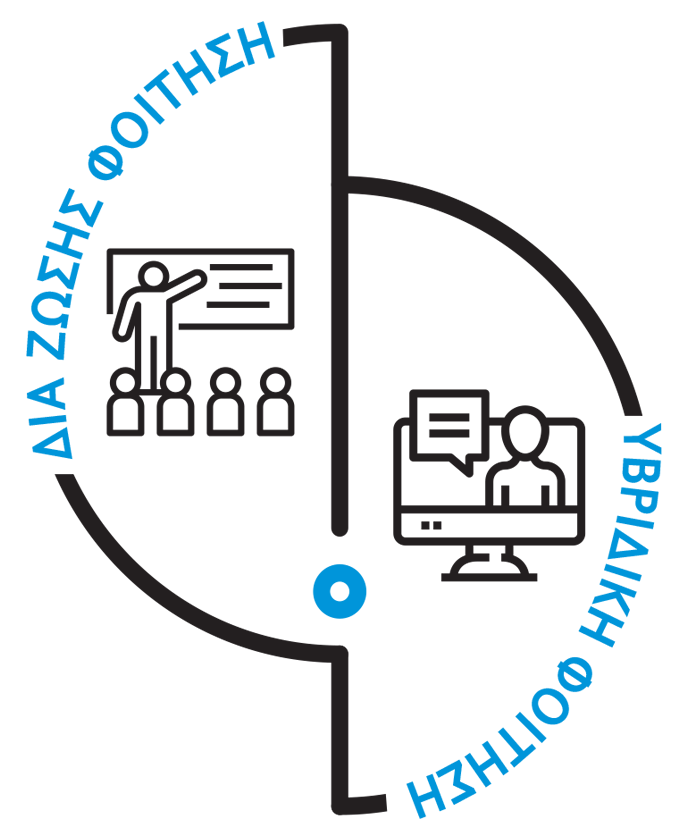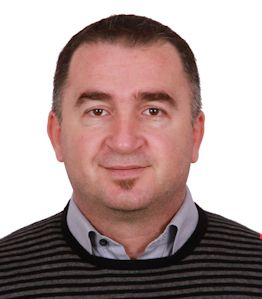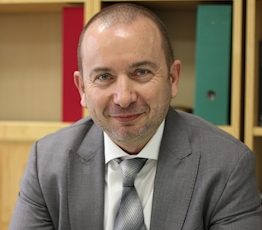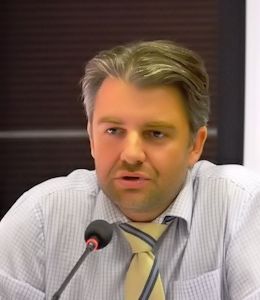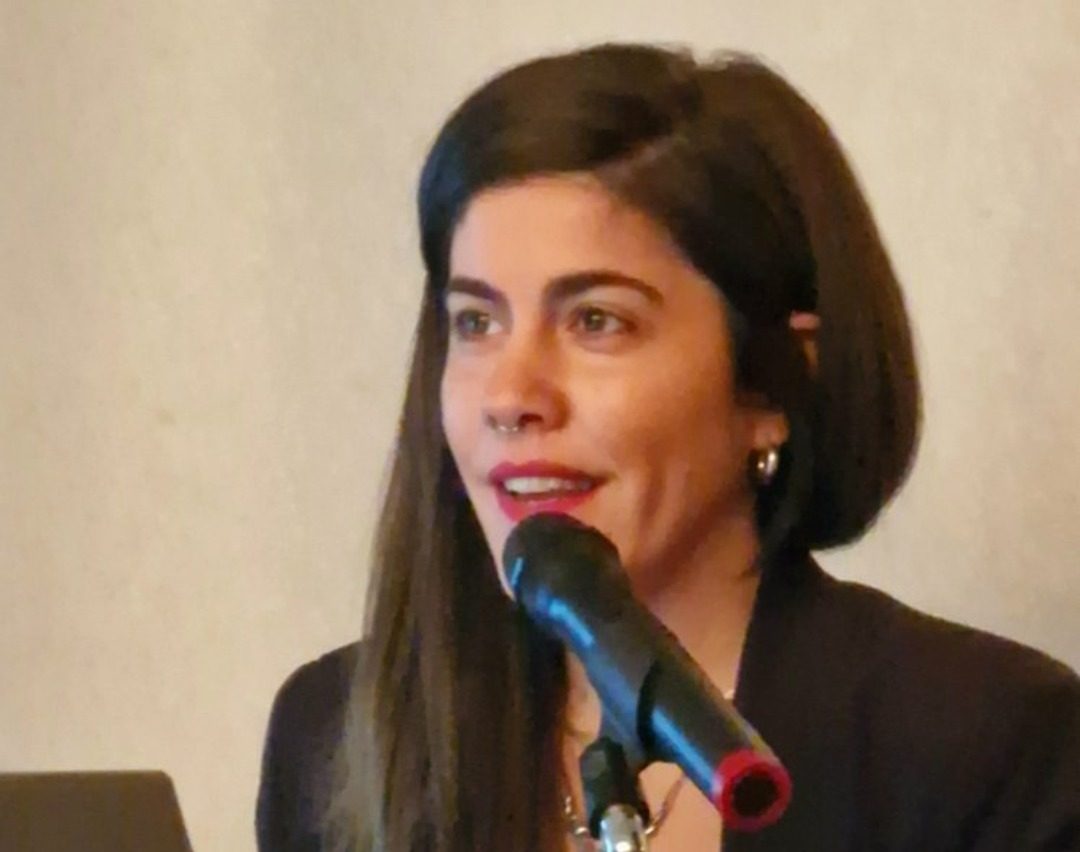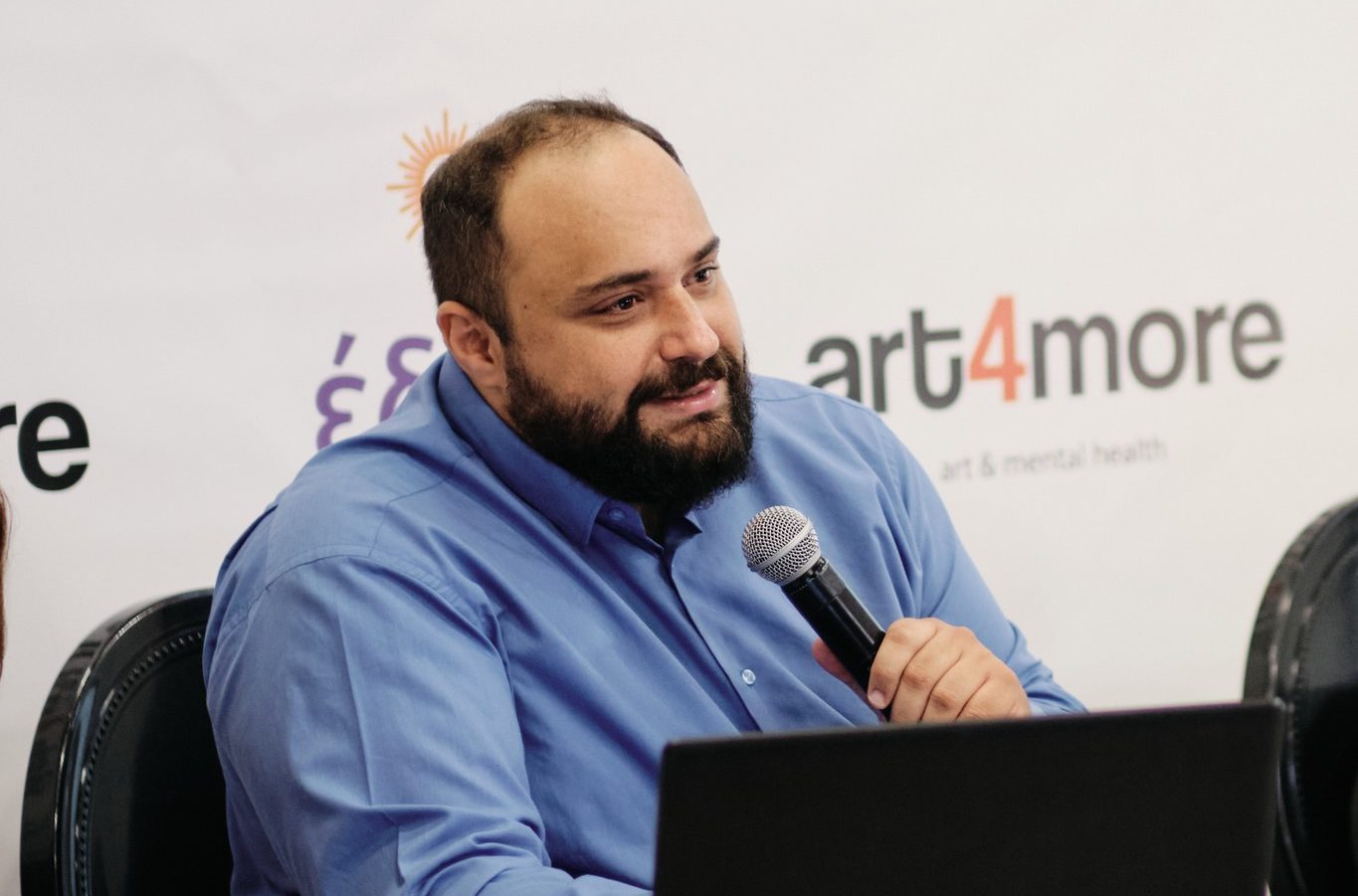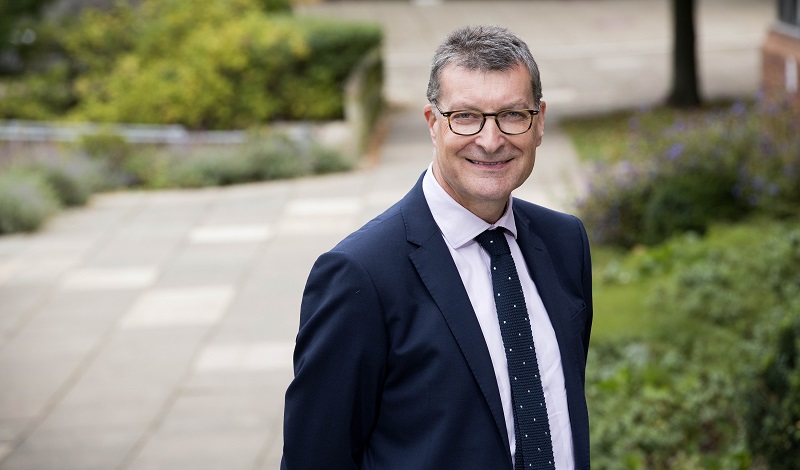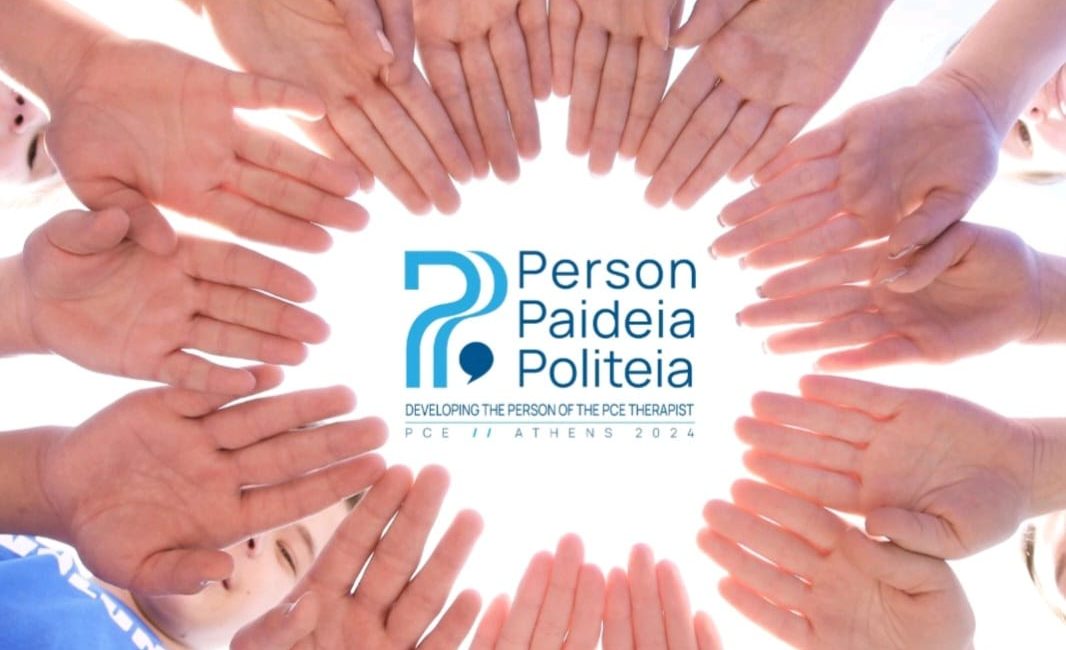The Master's Degree Programme in Positive Psychotherapy is available in cooperation with the University of Central Lancashire. It is the major international public university of the north of England. This Master is the unique Master's degree in Positive Psychotherapy worldwide.
This pioneering one-year intensive MPA and "psychotherapy training programme", combines theory with experiential education, as well as practical training and research application. And all this based on the principles of Positive Psychology (Seligman) and especially of Positive Psychotherapy (Peseschkian)!
Master of Positive Psychotherapy
Positive Psychotherapy, as opposed to typical psychotherapeutic interventions for the treatment of clinical conditions, targets and increases positive emotions, the commitment of the individual, as well as and the recognition and acquisition of life meaning. It is an "eclectic" approach. As a result, it includes elements of Person-centred, Systemic, Psychodynamic and Cognitive-Behavioural Approach. It also seeks the liberation of man from the shackles of internal and external conflicts. It focuses the individual's thinking on the strengths and virtues his.
Since 1968 and especially since 1977, when psychiatrist Nossrat Peseschkian published his work "Positive Psychotherapy", the approach has been recognized worldwide. There are educational institutions, which provide the training in various countries. In Greece, the first and only institution that trains in Positive Psychotherapy is the College of Humanities - ICPS, which is the only Greek member organization of the World Society for Positive and Intercultural Psychotherapy. The theory and approach of Peseschkian is currently recognised by the European Psychotherapy Society as the only training theory in Positive Psychotherapy.
The Master's Degree in Positive Psychotherapy is specifically designed to develop the skills needed to apply the principles and knowledge of positive psychology and psychotherapy both in incidents daily emotional stress, as well as in those of psychological maladjustment. During the course of study, students are trained in the basic principles of counselling and psychotherapy and then in the principles of Positive Psychotherapy and its application to special population groups.
Among other things it covers:
- The theory and findings governing the application of Positive Psychotherapy in people's everyday life.
- Development important counselling and psychotherapy skills to create a successful therapeutic relationship.
- Specialised training in the approach to psychopathology in the light of Positive Psychotherapy.
- Skills in the basic principles of Positive Psychology: Positivity, Resilience, Strengths, Mindfulness, Flow.
- Skills in the basic principles of Positive Psychotherapy: The Principle of Hope, the Principle of Balance and the Consultation Principle.
- Personal development and expanded self-awareness via experiential exhibition and group process.
- Specialisation in incidents mourning and loss, eating disorders, domestic violence and conflict, play therapy and others.
Other important features of the project are:
- Recognized by the Department for the Implementation of European Legislation (ATEΕN) (formerly SAEP) as Equivalent (Professional Equivalence) of Postgraduate students of public universities.
- Interdisciplinary team of trainers with experience in counselling and psychotherapy, and certified from the European Society of Counselling, the European Society for Psychotherapy, but also of World Association of Positive & Intercultural Psychotherapy (WAPP).
- Mandatory practical training, at least 300 hours, in private and public sector organisations or with professionals certified psychotherapists of the Positive Approach, in accordance with the provisions of the legislation (Law 4763/2020, Law 5006/2022) with supervision provided by the College.
- Ninety (90) ECTS (18 months normal duration). You can do it either in an intensive form of 12 months or in a part-time form of 24 months.
- Academic assessment: Variety of methods including assignments, presentations, self-evaluation and personal development reports, role play etc.
Registration Criteria:
- University degree, preferably in Psychology or a similar discipline.
- Good knowledge of English for the study of the bibliography
- Those who have completed a research thesis during their undergraduate studies have a head start.
- Those with a good knowledge (at first degree level) of Research & Methodology using SPSS will have an advantage.
- Two years of work experience is desirable, but not essential.
- Assessment of study intention by a Study Advisor.
- Successful Academic Interview.








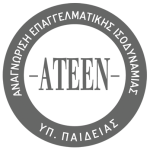
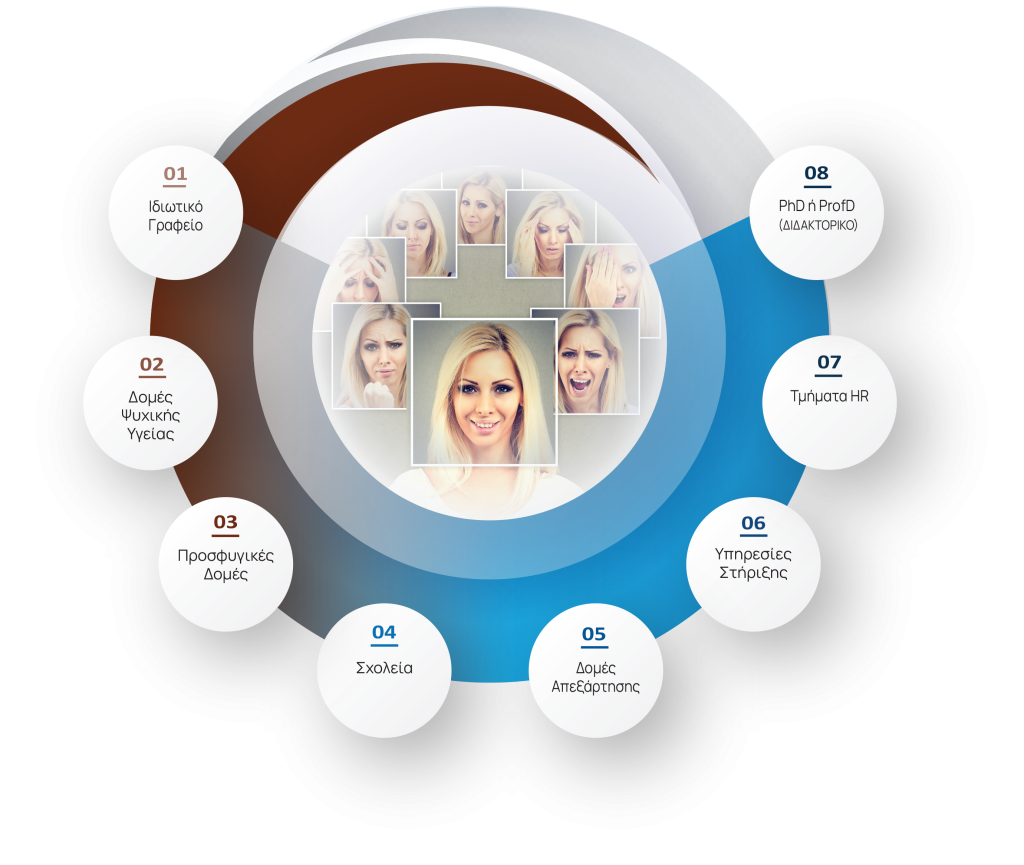
 The Master of Positive Psychotherapy at ICPS includes the leading personal and professional development program, Career Success Navigator©
The Master of Positive Psychotherapy at ICPS includes the leading personal and professional development program, Career Success Navigator©